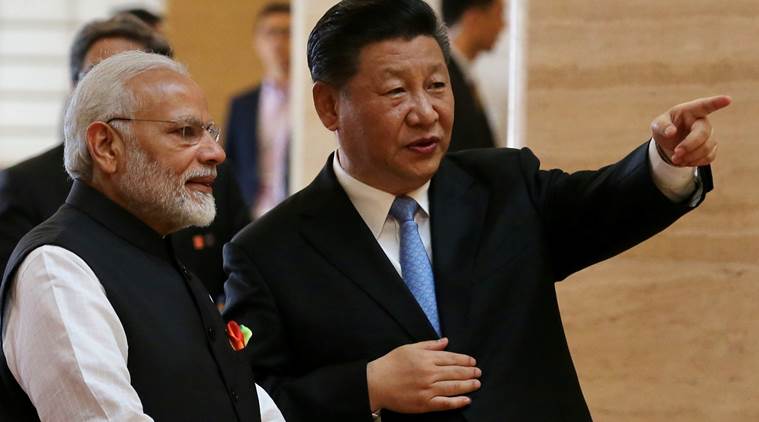Chinese firms bank on PM Narendra Modi visit to open more investment opportunities
Between April 2000 and December 2017, a meagre $1.78 billion has come into India by the way of foreign direct investment from its northern neighbour.
 PM Narendra Modi with with Chinese President Xi Jinping. (File Photo)
PM Narendra Modi with with Chinese President Xi Jinping. (File Photo)
Prime Minister Narendra Modi’s meeting with Chinese President Xi Jinping at an “informal summit” is being perceived as a big positive for Chinese companies investing in India as the two governments attempt to reset bilateral ties. Notably, between April 2000 and December 2017, a meagre $1.78 billion has come into India by the way of foreign direct investment from its northern neighbour, with the chill in business relations being partly attributed to the military and diplomatic stand-off.
“The meeting between the two leaders makes us more confident. We are all very happy to see that. If you read the Chinese newspapers, you’ll see all the people here see this very positively. As an investor this gives us confidence — we can invest more, we can commit more to Indian market,” Zhang Jie, executive director, BYD India Pvt Ltd told The Indian Express.
When asked if the company was concerned about its investments last year during the two-and-half-month border stand-off at Doklam between Indian and Chinese troops, Jie said: “Frankly speaking, political developments do have an influence. But it is in the short-term. Our strategy in India is very firm. We know what we want to do in India, what our strategy is, but temporarily we need to consider political developments. However, that will not stop our strategy in India.”
Shenzhen-headquartered BYD is a manufacturer of electric vehicles, batteries, power storage devices, etc and has invested around $150 million in India since 2007 in the batteries business, under which it has manufactured mobile phone batteries. Currently, apart from batteries, BYD has tied up with Hyderabad-based Goldstone Infratech Ltd for manufacturing, assembly and sales of electric buses. Goldstone Infratech’s President Strategy Naga Satyam said that currently the company’s localisation levels for electric buses was around 35 per cent, which it plans to increase to 50 per cent over the next two years.
In a statement on Friday, the Indian government said that the Modi and Xi reiterated the importance of building an “open, multipolar, pluralist and participatory global economic order which will enable all countries to pursue their development and contribute to the elimination of poverty and inequality in all regions of the world”.
Apart from the fledgling electric vehicle market in India, Chinese companies have invested in a number of other sectors in the country including electronic manufacturing, telecom equipment, digital payments, start-ups, among others. In terms of commerce, last year, the bilateral trade between both the countries touched a high of $84.44 billion, and in the first quarter of this year, it netted $22.1 billion, up 15.4 per cent year-on-year.



- 01
- 02
- 03
- 04
- 05




























